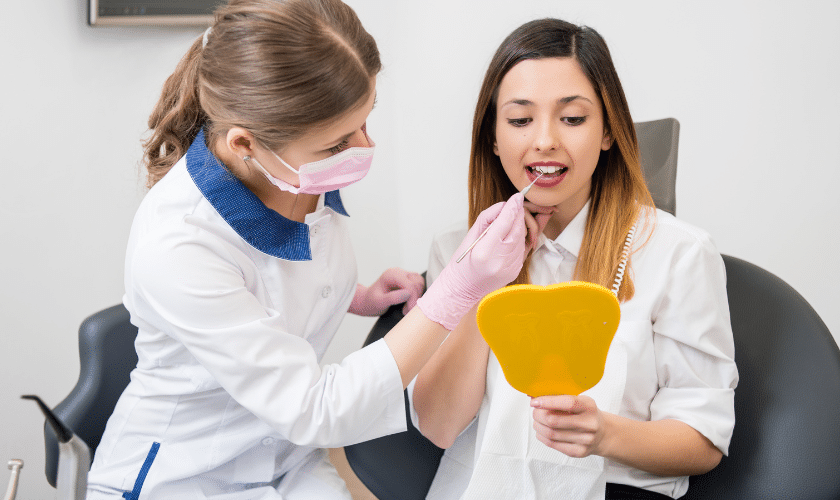The Importance of Emergency Dentistry: What You Need to Know

Are you familiar with the excruciating pain that comes from a sudden toothache or a cracked tooth? We’ve all been there, desperately searching for relief and wondering what to do next. That’s where emergency dentistry swoops in as your knight in shining armour! In this blog post, we’re going to dive deep into the world of emergency dentistry and shed light on why it is of utmost importance. From understanding when to seek immediate dental care to exploring the array of treatments available, get ready for an enlightening journey that will ensure you are well-prepared for any dental emergencies that come your way. So grab your seatbelt and let’s embark on this vital exploration together!
What is an Emergency Dentist?
An
emergency dentist is a dentist who can provide care in an emergency situation. Emergencies can include toothache, broken teeth, or other dental problems that cannot wait for an appointment. An emergency dentist may be able to get you in right away or may be able to see you the next day.
What are the Different Types of Emergencies?
Emergency dentistry is important for anyone who has a toothache. In a true emergency, a dentist can usually see you right away and get you in for an appointment as soon as possible. However, there are other types of emergencies that might require immediate attention from a dentist.
Here are a few examples:
A dental abscess is an infection of the tooth or tooth socket that requires antibiotics to treat. If left untreated, it can lead to the placement of a dental implant or even death.
A broken tooth requires prompt treatment to prevent further damage and possible infection. If the tooth is not repaired within 72 hours, it will likely need to be extracted and replaced with another implant or denture.
If you suffer from any type of headache, seek medical attention immediately because it could indicate a serious brain injury.
What to Expect at an Emergency Dentist Visit
If you ever find yourself in an emergency situation with a toothache or other dental issue, be sure to visit an emergency dentist as soon as possible. Here is what you can expect when you arrive at the office:
The first thing the emergency dentist will do is take a look at your mouth and determine the severity of your problem. They may recommend X-rays or other tests to rule out any serious problems. If necessary, they will then start working on your tooth right away.
Most emergency dentists have very strong tools and are skilled at dealing with difficult dental problems. In most cases, they can have Tooth extraction in about 20 minutes under local anaesthesia. This means that almost all of their procedures are completed within the first hour of their appointment.
If the problem is more serious than a simple toothache, however, or if there is some other complication involved, your visit may take longer. In these cases, the emergency dentist may refer you to a specialist or even place you under general anaesthesia for more extensive work. But even in these cases, most treatments normally take less than four hours from start to finish.
How to Prevent Emergencies from Happening in the First Place
Emergencies happen. Whether it’s a toothache that won’t go away, a broken jaw, or a blocked airway, emergencies can happen at any time and require immediate attention. If you know how to prevent emergencies from happening in the first place, you can reduce your risk of getting hurt or stranded.
Have an emergency escape plan.
Make sure you know how to get out of the house in case of an emergency. Include routes out of the home, your phone number if there is an emergency situation outside of your home, and contact information for close family or friends who can help get you safely to a hospital or other medical facility.
Be aware of warning signs
Some common warning signs that indicate an emergency situation is developing include chest pain, shortness of breath, nausea and vomiting, extreme drowsiness or fatigue, blue lips or fingernails due to lack of oxygenation (due to gasping for air), and sudden changes in behaviour or consciousness due to low blood sugar levels caused by an illness like pneumonia.
Conclusion
Many people are unaware that they can get dental care in an emergency setting. If you have a toothache, broken tooth, or any other dental issue that requires professional attention right away, don’t hesitate to go see a dentist. Many dentists offer walk-in services on evenings and weekends, so don’t be afraid to take advantage of this option if it is available to you. And finally, please remember to bring along all of your relevant medical information in case the dentist needs to contact your doctor for more information about your specific situation.

